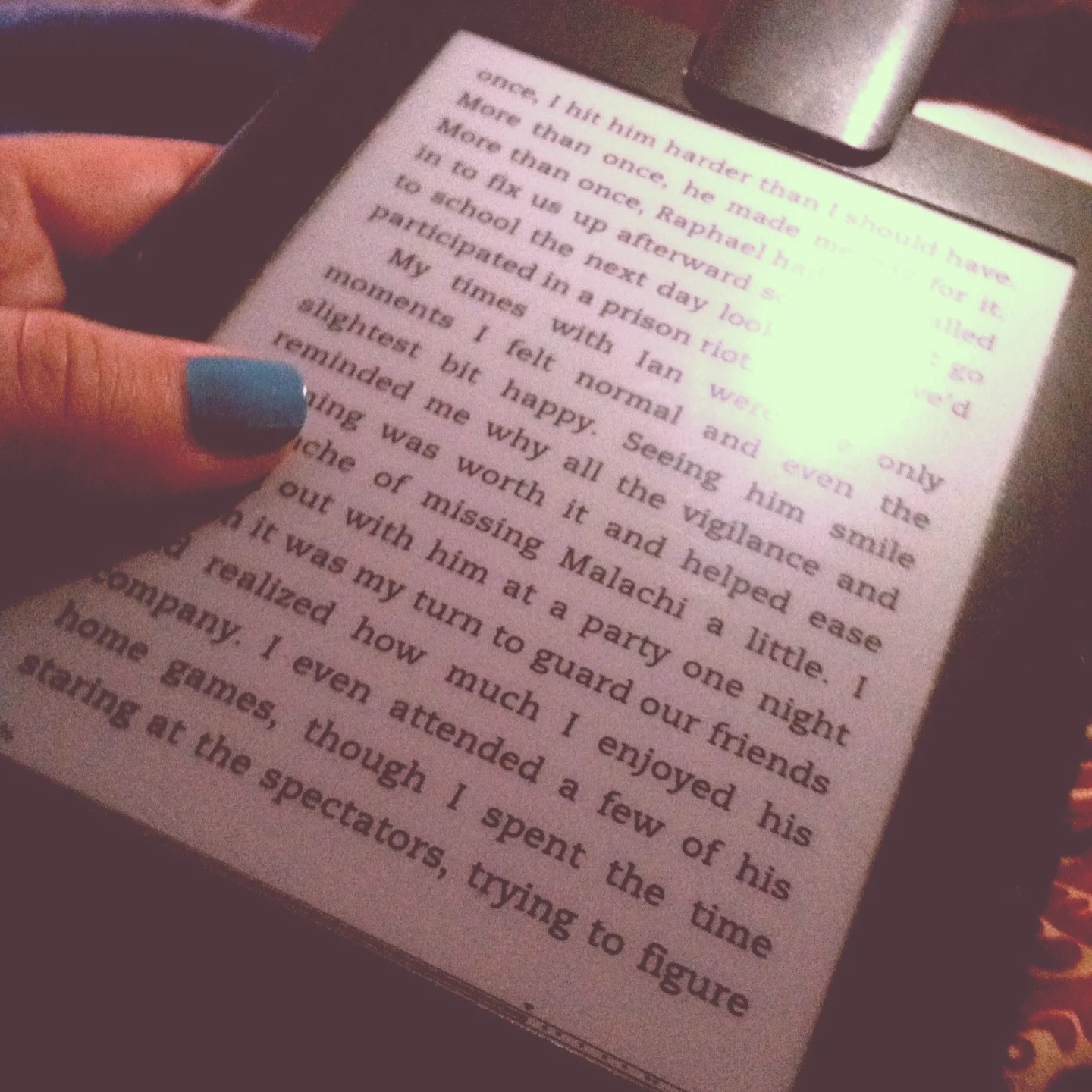It's no secret that Molly O'Keefe's novels are my favorites in the very crowded contemporary romance genre. Her books, which on their surface follow the norms of romance novels (since that's what they are), are brilliantly subversive. All of the novels I've read by this author riff on romance archetypes and conventions in a deliciously satisfying manner. Molly's latest, Wild Child, is no different.
Wild Child focuses on Monica Appleby, famous reality television teen wild child, who wrote a bestselling tell-all memoir of her raucous and destructive formative years. She's alone, her closest friend having recently died and not having a relationship with her mother, and has returned to the town of Bishop, Arkansas to write her follow-up book, this time chronicling the events of her parents' tumultuous relationship and her father's subsequent death. Monica is all hard edges and walls, unwilling to make even casual connections with anyone.
Monica ignored Jackson as he slid into the booth across from her. First the Cracker dude and now Jackson. Good Lord, weren’t the headphones a giveaway? Did she need to make a Do Not Disturb sign? This was why she so rarely went to coffee shops to work, preferring her own company and her own music.
The mayor of Bishop is Jackson Davies, who dropped out of law school and returned to his hard-luck hometown to raise his younger sister, Gwen, after their parents were killed in a car accident. Jackson never wanted to make Bishop his home; the town is dying, with an empty factory gathering dust and many of the town's residents struggling in the blighted economy. His father was mayor of Bishop as well, and his goal at the town's leader is the turn the economy around, make sure his sister is safely away at college and then get out of town.




















